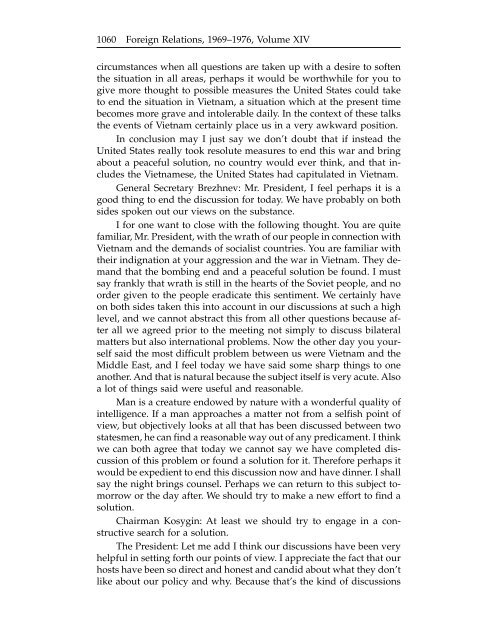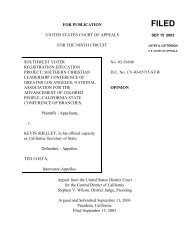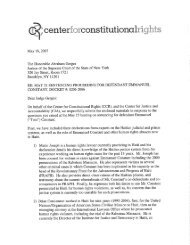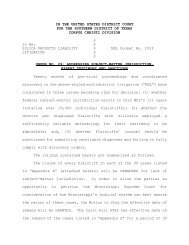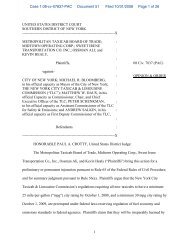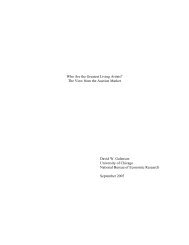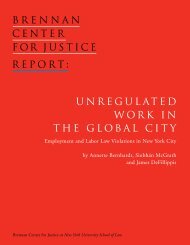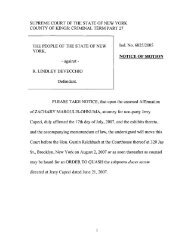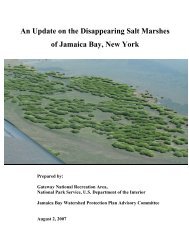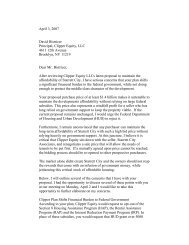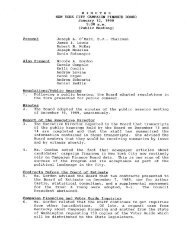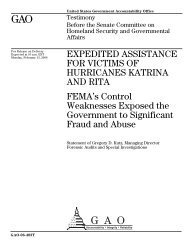271. Memorandum of Conversation1 Moscow, May 24, 1972, 7:50 ...
271. Memorandum of Conversation1 Moscow, May 24, 1972, 7:50 ...
271. Memorandum of Conversation1 Moscow, May 24, 1972, 7:50 ...
Create successful ePaper yourself
Turn your PDF publications into a flip-book with our unique Google optimized e-Paper software.
1060 Foreign Relations, 1969–1976, Volume XIV<br />
circumstances when all questions are taken up with a desire to s<strong>of</strong>ten<br />
the situation in all areas, perhaps it would be worthwhile for you to<br />
give more thought to possible measures the United States could take<br />
to end the situation in Vietnam, a situation which at the present time<br />
becomes more grave and intolerable daily. In the context <strong>of</strong> these talks<br />
the events <strong>of</strong> Vietnam certainly place us in a very awkward position.<br />
In conclusion may I just say we don’t doubt that if instead the<br />
United States really took resolute measures to end this war and bring<br />
about a peaceful solution, no country would ever think, and that includes<br />
the Vietnamese, the United States had capitulated in Vietnam.<br />
General Secretary Brezhnev: Mr. President, I feel perhaps it is a<br />
good thing to end the discussion for today. We have probably on both<br />
sides spoken out our views on the substance.<br />
I for one want to close with the following thought. You are quite<br />
familiar, Mr. President, with the wrath <strong>of</strong> our people in connection with<br />
Vietnam and the demands <strong>of</strong> socialist countries. You are familiar with<br />
their indignation at your aggression and the war in Vietnam. They demand<br />
that the bombing end and a peaceful solution be found. I must<br />
say frankly that wrath is still in the hearts <strong>of</strong> the Soviet people, and no<br />
order given to the people eradicate this sentiment. We certainly have<br />
on both sides taken this into account in our discussions at such a high<br />
level, and we cannot abstract this from all other questions because after<br />
all we agreed prior to the meeting not simply to discuss bilateral<br />
matters but also international problems. Now the other day you yourself<br />
said the most difficult problem between us were Vietnam and the<br />
Middle East, and I feel today we have said some sharp things to one<br />
another. And that is natural because the subject itself is very acute. Also<br />
a lot <strong>of</strong> things said were useful and reasonable.<br />
Man is a creature endowed by nature with a wonderful quality <strong>of</strong><br />
intelligence. If a man approaches a matter not from a selfish point <strong>of</strong><br />
view, but objectively looks at all that has been discussed between two<br />
statesmen, he can find a reasonable way out <strong>of</strong> any predicament. I think<br />
we can both agree that today we cannot say we have completed discussion<br />
<strong>of</strong> this problem or found a solution for it. Therefore perhaps it<br />
would be expedient to end this discussion now and have dinner. I shall<br />
say the night brings counsel. Perhaps we can return to this subject tomorrow<br />
or the day after. We should try to make a new effort to find a<br />
solution.<br />
Chairman Kosygin: At least we should try to engage in a constructive<br />
search for a solution.<br />
The President: Let me add I think our discussions have been very<br />
helpful in setting forth our points <strong>of</strong> view. I appreciate the fact that our<br />
hosts have been so direct and honest and candid about what they don’t<br />
like about our policy and why. Because that’s the kind <strong>of</strong> discussions


